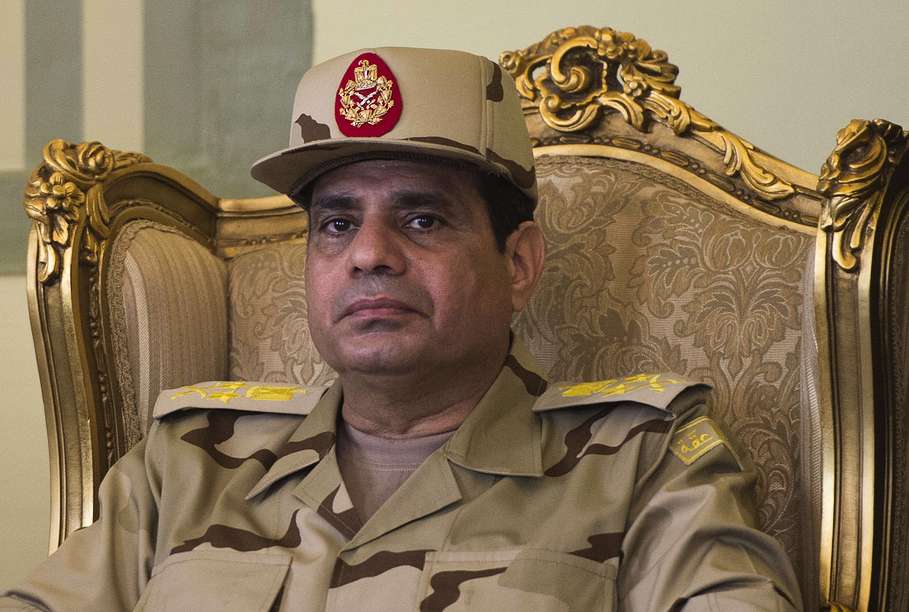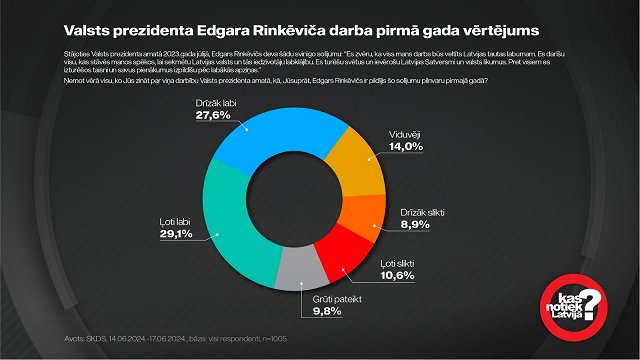Presidential spokesman Alaa Yousef told the press the decree was issued “to uphold the interests of the state and maintain the international image of Egypt.”
Moustafa Nagui, Greste's lawyer, told Egypt’s English-language news site Ahram Online that it's very possible the law may allow Greste to be repatriated to Australia, but that he won't take any steps on the matter until the law is published in the cabinet's official gazette.
"Details of the law aren't available yet. A simple preposition may have a significant impact on what the law means, so we're waiting to see the complete text of the law," Nagui said.
Regardless, information revealed so far about the law shows that it allows repatriation but doesn't require it, leaving the ultimate decision up to the president to decide, Greste's lawyer said.
Egyptian Revolutionary Council chair Maha Azzam, a leading opposition figure, says the president’s move is designed to 'relieve the pressure' on Egypt's military regime. He wants the international community to hold al-Sisi accountable for human rights violations even if Greste and other foreigners are deported using the decree, reported Sky News Australia.
'The Egyptian regime is feeling the pressure ... and trying to find a way out,' Azzam told a London press conference organised by the International Coalition for Freedoms and Rights (ICFR).
'It's feeling squeezed but, ultimately, whatever tactic it chooses it still has to be held accountable.
'You can't throw journalists and innocent people in prison and then try to find, tactically, a way out by deporting them or sending them back to their countries of origin and feel that you've dealt with the situation.'
The London-based academic said the situation was unprecedented and the regime was attempting to 'relieve the pressure ... but the pressure should not be relieved'.
The international law expert hopes Greste and others being detained will be sent home under the decree issued on Wednesday.
'We've seen the farcical nature of the trials and regrettably it now falls that we'll have to use a presidential decree like this rather than a proper judicial process,' Cadman said.
'But if it sees them released, all the better.'
Greste and colleagues Mohamed Fadel Fahmy and Baher Mohamed have been detained since December 2013 and are awaiting an appeal hearing set for January 1.
The dual Australian-Latvian citizen was recently issued a passport by Latvian consular authorities at the Torah Prison in Cairo. Diplomats from both countries have tried to coordinate their efforts to secure Greste's release with the help of their counterparts from other western nations.




























